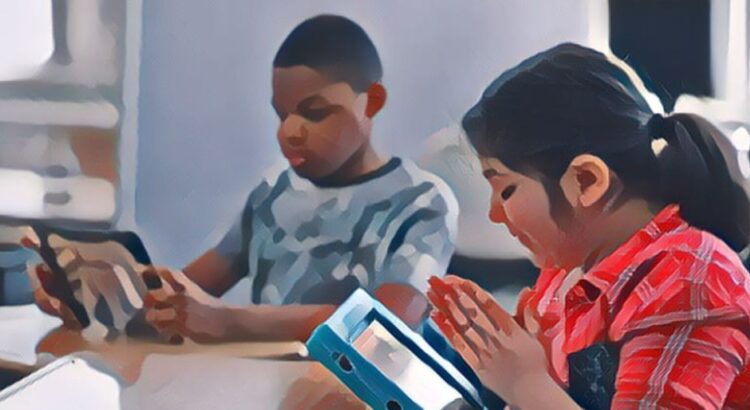AMS Philosophy
In collaboration with parents, the Autism Model School offers innovative programming that takes into account the individual needs of each student. This approach requires a continuum of services and environments–from the most restrictive, to transitioning to a regular education classroom.
Learning Environment
Educational and scientific research indicates the effectiveness (especially in the early grades) of highly structured, intensive teaching methods for students with autism. The school’s programming reflects these findings and is based on the principles of Applied Behavior Analysis (ABA). Techniques include:
- Visual Cueing Systems
- Communication Training
- Direct Social Skills Instruction
Individualized Approach
Together with parents, the school provides a multifaceted approach to learning, addressing the needs of students on an individual level. Aspects taken into account include:
- Age
- Cognitive Ability
- Severity of Behavioral Symptoms
- Need for Structure
Our classes emphasize the development of skills in areas such as:
- Communication
- Self-Help
- Independence
- Social Motor
- Sensory Integration
- Cognitive Skills
Training and Development
The school places a strong emphasis on staff training and development. Research-based training, with measurable outcomes, is used to equip staff in fulfilling the school’s mission of developing the full potential of our students.
